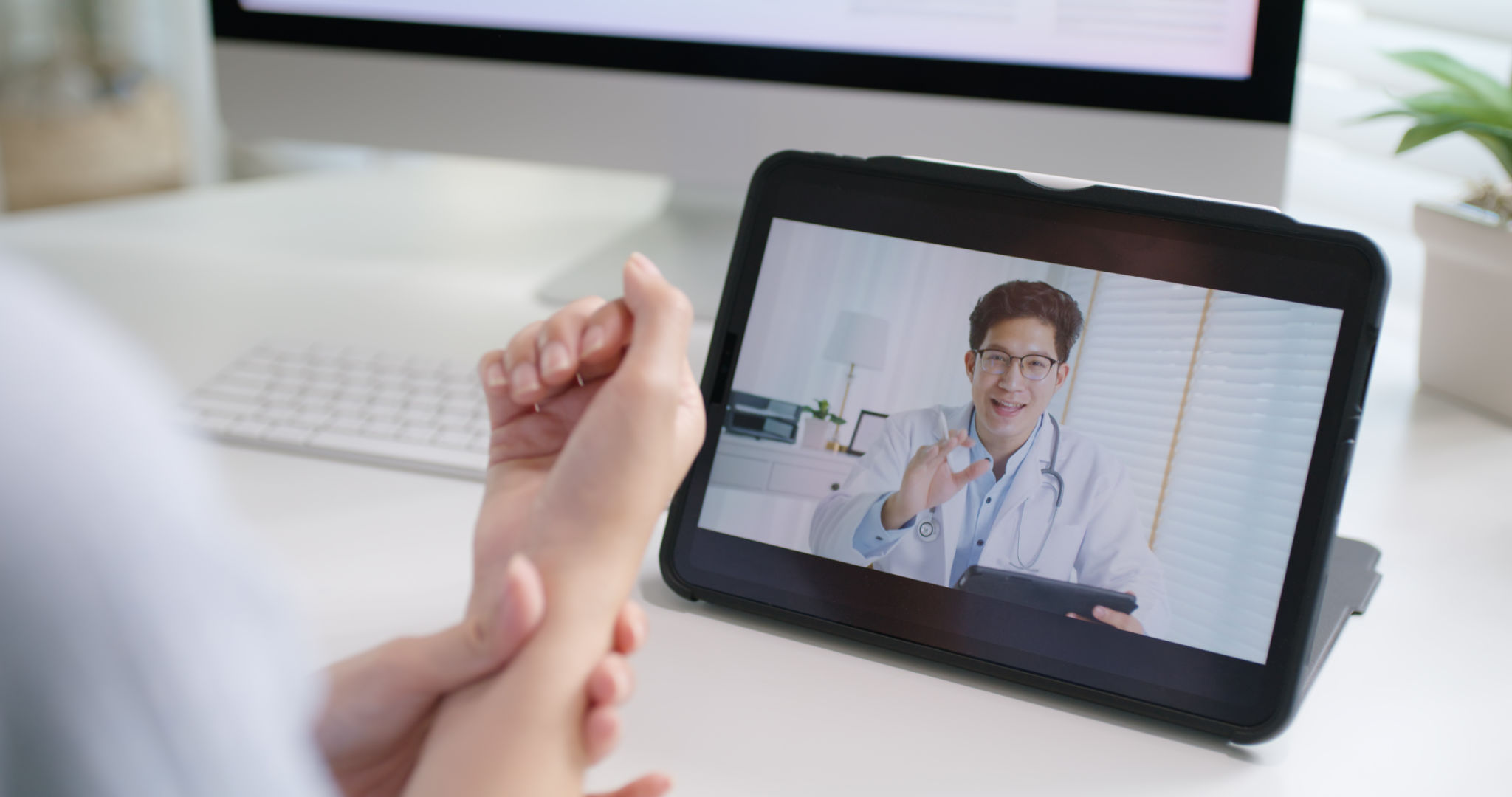Top Questions About Telemedicine Answered by Young Community Medical Care
Understanding Telemedicine
Telemedicine has become an integral part of modern healthcare, offering a convenient way for patients to connect with healthcare providers. But what exactly is telemedicine, and how does it work? Essentially, telemedicine refers to the practice of using technology to deliver healthcare services and information remotely. This can include video consultations, remote monitoring, and electronic communication with healthcare professionals.

How to Access Telemedicine Services
Accessing telemedicine services is typically straightforward. Most healthcare providers offer telemedicine through their patient portals or dedicated apps. To get started, you'll need a device with internet access, like a smartphone, tablet, or computer. Once you've set up an account with your provider's telemedicine platform, you can schedule virtual appointments just like you would for an in-person visit.
What Equipment Do I Need?
For a smooth telemedicine visit, ensure you have a reliable internet connection and a device with a camera and microphone. Additionally, it's helpful to have any relevant medical records or prescriptions on hand to discuss with your healthcare provider during the consultation.
Benefits of Telemedicine
Telemedicine offers numerous benefits for both patients and healthcare providers. One of the most significant advantages is increased accessibility. Patients no longer need to travel to a physical location for appointments, which is especially beneficial for those living in remote areas or with mobility challenges. Moreover, telemedicine can save time and reduce the need for taking time off work or arranging childcare.

Is Telemedicine Secure?
Security is a common concern when it comes to telemedicine. Rest assured, reputable telemedicine platforms adhere to strict privacy and security protocols to protect patient information. These platforms use encryption and secure servers to ensure that all communications and data are confidential.
Common Concerns About Telemedicine
Despite its advantages, some people have concerns about telemedicine. A frequent question is whether telemedicine can adequately replace in-person visits. While telemedicine is not suitable for every medical issue, it is effective for many non-emergency situations such as follow-up visits, management of chronic conditions, and minor illnesses.
How Do I Know If Telemedicine Is Right for Me?
If you're unsure whether telemedicine is suitable for your needs, consider discussing it with your healthcare provider. They can advise you on the types of visits that can be effectively conducted remotely and help you determine when an in-person visit might be necessary.

The Future of Telemedicine
The future of telemedicine looks promising as technology continues to advance. With innovations like wearable health monitors and artificial intelligence, the scope of telemedicine services is expected to expand even further. This will likely lead to improved patient outcomes and more efficient healthcare delivery.
Young Community Medical Care remains committed to providing accessible and quality healthcare through telemedicine. By addressing these common questions and concerns, we hope to encourage more patients to take advantage of the convenience and effectiveness of virtual healthcare services.